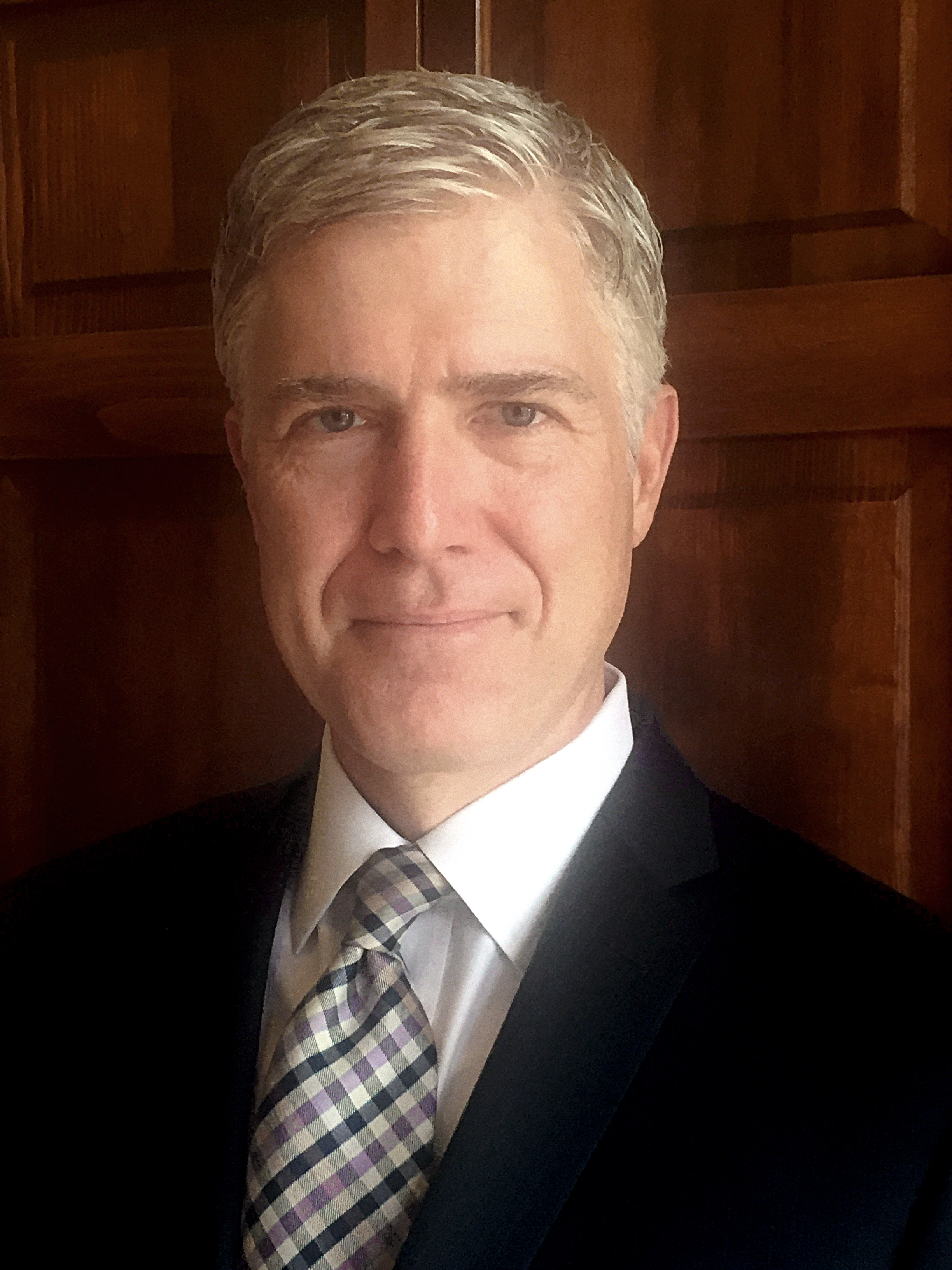Four Facts You Might Not Know About Justice Gorsuch

Soon we’ll start seeing opinions trickle out of the Court that include the vote of the newest Justice, Neil Gorsuch. Before you read his words, read some lesser-known facts about him:
1: His mother was the first female Administrator of the US Environmental Protection Agency.
2: He was nominated to his prior position on the Tenth Circuit Court of Appeals after a recommendation from billionaire Philip Anschutz.
3: His wife is English. He met her while studying at Oxford.
4: He has opted out of the “cert pool.” He is only the second Justice on the current Court not to participate. (The other is Justice Alito.)



Does that mean that they reach their own views without using the pool?
Can you expand on item 4? Does opting out of the cert pool mean that Justice Gorsuch himself will be directly reviewing petitions? Or something else?
Is there a reason I am not receiving summaries of USSC opinions? I have requested them and am a donor. Thank you.
Nancy Atlas
U. S. District Judge, S. D. Texas
Probably he has his clerks write cert memos, but I don’t know. When I clerked for Justice Brennan years ago, he had his clerks write memos on certs over the summer but when he was back did most of them himself. I think that the summer memos were both good practice for the clerks (who had nothing else to do) and also gave the Justice a sense of our strengths and weaknesses.
Me, I think the cert pool is a bad idea; nine separate views on a case is better than one or two.
From the linked page: “In the US Supreme Court, if four Justices agree to review the case, then the Court grants certiorari (often abbreviated as “cert.”); if that does not happen, the Court denies certiorari. Most of the Justices participate in a “cert pool,” meaning their law clerks collectively assign out among themselves the various petitions for certiorari (known commonly as “cert petitions”) and prepare memoranda for the Justices summarizing the issues and recommending whether or not the Court should grant certiorari. Critics of this process note the shrinking number of cases the Court has agreed to hear in recent years, theorizing that the “cert pool” tends to increase the number of recommended denials.”